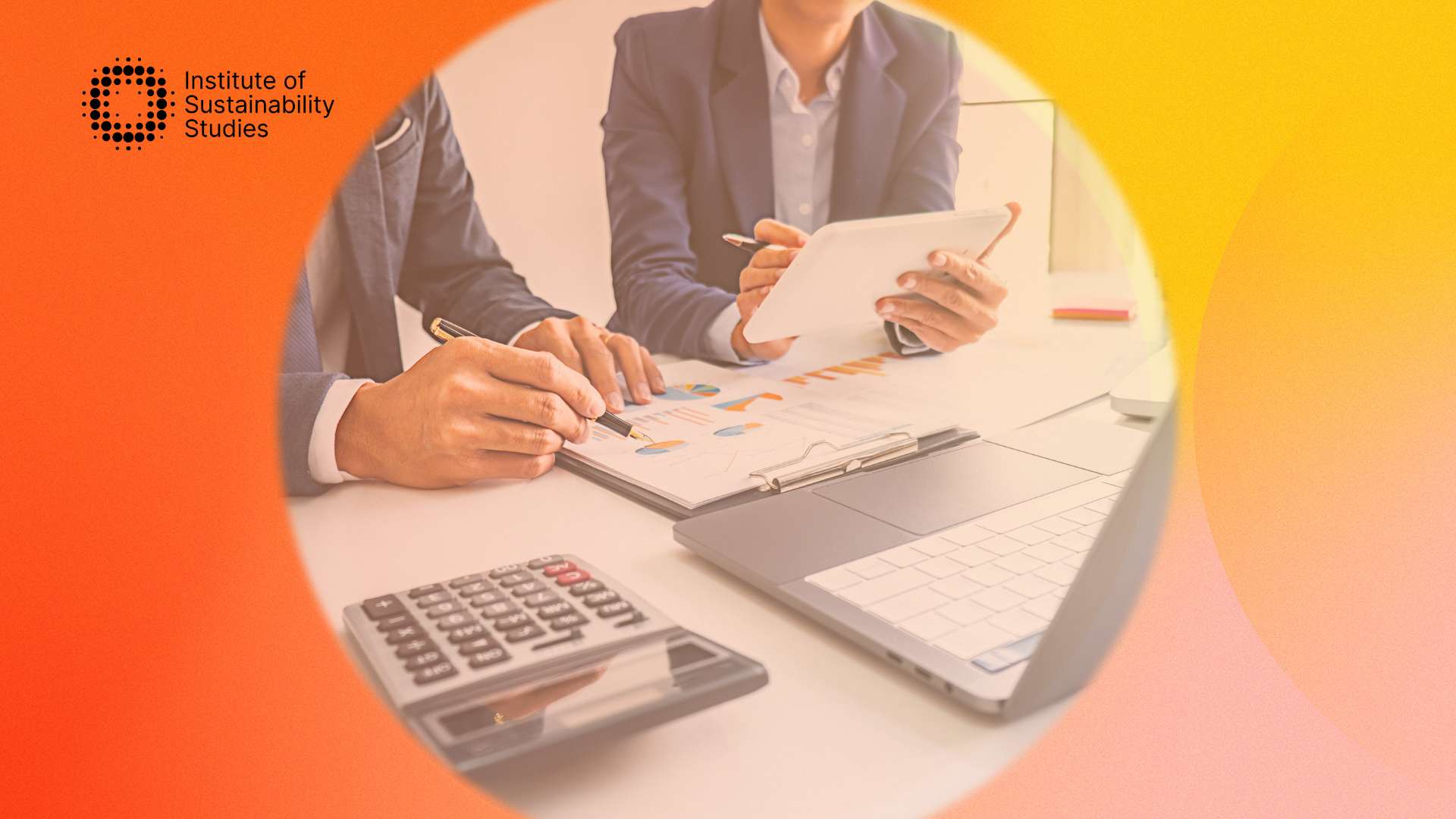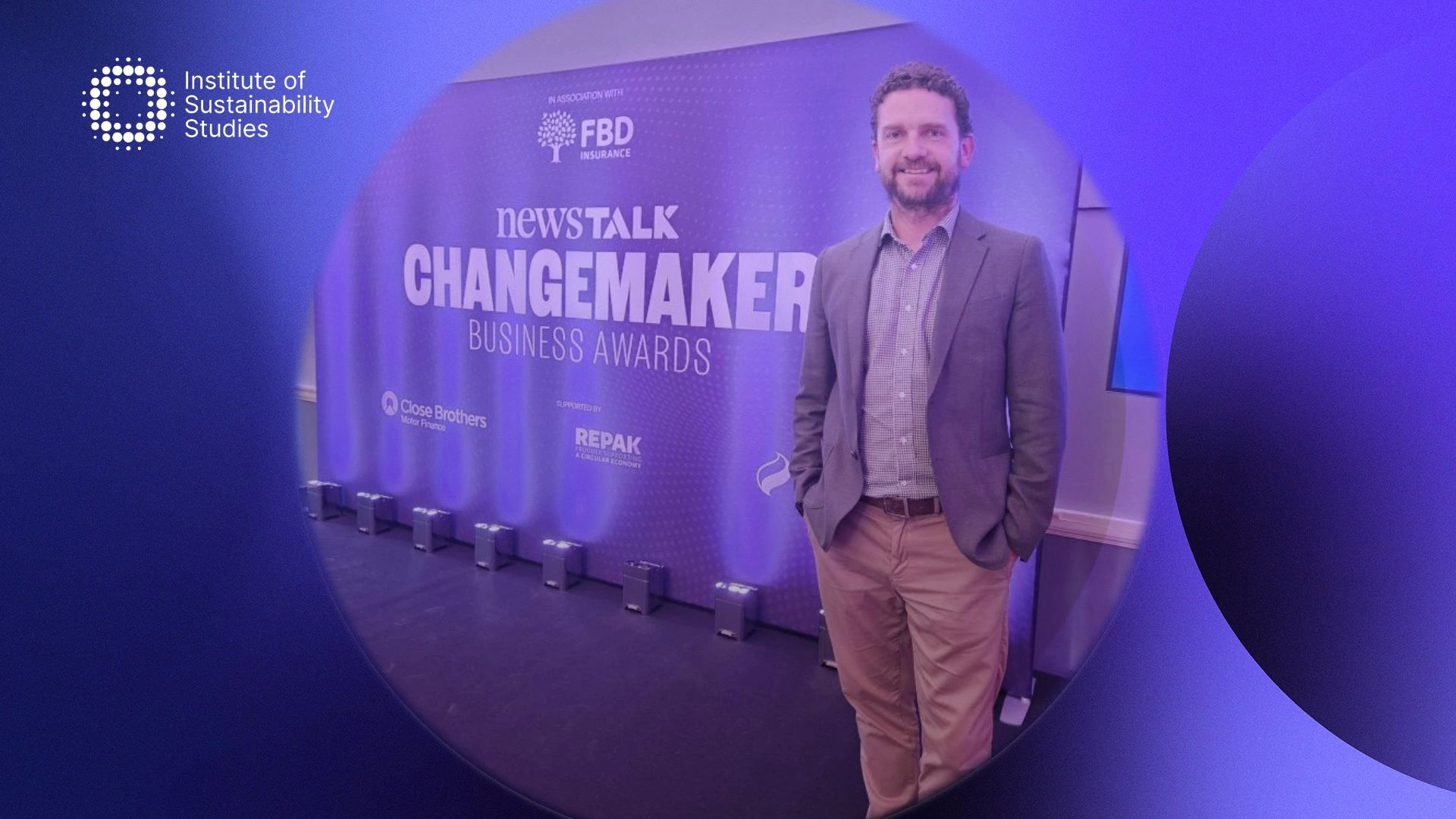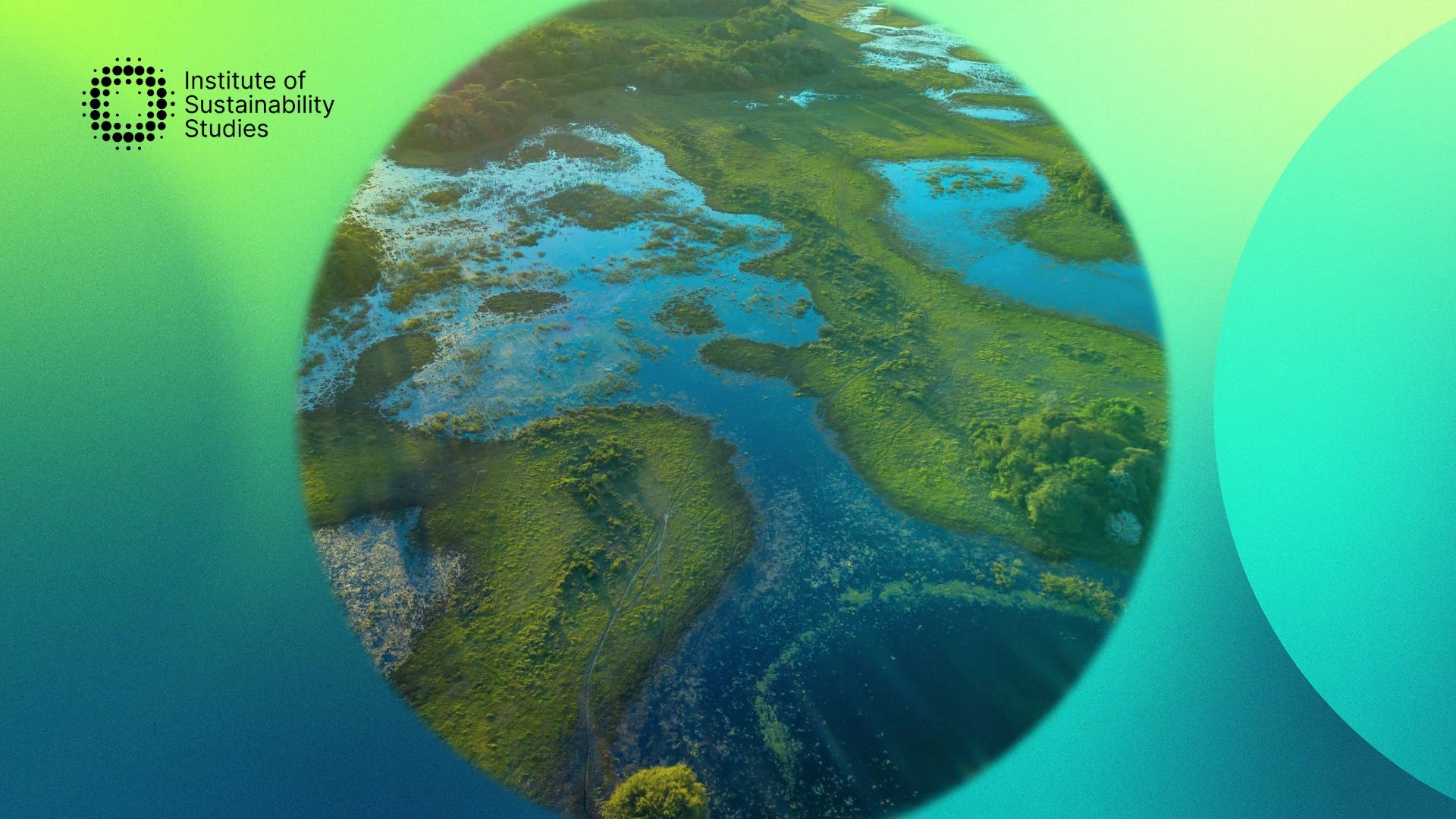If you have considered building a sustainable business, chances are you have come across the UN Sustainable Development Goals (SDGs) and wondered, “what are the sustainable development goals?”. They are leading a global transformation, and many business owners looking to go green are eager to find out what they can do to support the goals.
These 17 goals act as a blueprint for what we need to achieve collectively to ensure a brighter future and protect our planet and how we will get there. But what do the SDGs mean for small businesses and their operations? Continue reading to learn more about the impact of the UN Sustainable Development Goals.
The UN Sustainable Development Goals – Leading Global Transformation
The United Nations adopted the Sustainable Development Goals in 2015. The United Nations General Assembly officially launched the goals to over 150 world leaders representing 193 countries.
Also known as the Global Goals, they act as a universal call to action to protect the planet, end poverty, and ensure all people enjoy peace and prosperity by 2030. Included are 17 goals which are integrated in that they understand action in one area will impact outcomes in other goals.
In addition, the goals comprehend that development must balance economic, social, and environmental sustainability. It’s important to note that these are not the first development goals the UN has launched. In 2001, the UN and its members signed the Millennium Development Goals (MDGs). However, they expired in 2015 and were not as successful as hoped.
As a result, the UN took what worked and what didn’t from the process of developing and adopting the Millennium Development Goals. With these insights, they created the Sustainable Development Goals. The big focus of the 2030 agenda is to end global poverty by the end of that year. When the goals were first adopted and launched, 1 billion people lived below the extreme poverty line.
We are less than ten years from the deadline for ending world poverty. There is already considerable concern we will not meet all of the goals, especially since there have been additional global challenges from COVID-19. With the 17 goals, there are 169 targets which will determine whether the goals are met. Not to mention, hundreds of indicators are being used to measure the current progress. This is why collective action is needed from the public and private sectors; governments, businesses, and individuals.
Gain a deep understanding and practical insights into key sustainability topics to assess, report, & communicate on business sustainability. Fully online, self-paced learning.
The 17 UN Sustainable Development Goals
As mentioned, there are 17 UN Sustainable Development Goals which we are expected to meet by the end of 2030. They are global goals for the planet that lay out exactly where we need to go collectively and how to get there. Below is a list of SDGs that are leading worldwide transformation.
1. No Poverty
The first of the 17 Sustainable Development Goals is to eliminate and end world poverty in all forms everywhere. This remains one of the most significant global challenges facing humanity.
2. Zero Hunger
Goal number two aligns well with goal one of the SDGs and seeks to end hunger and achieve worldwide food security. This SDG hopes to see improved nutrition and sustainable agriculture promoted.
3. Good Health and Well-Being
The third goal aims to ensure healthy lives and promote well-being for everyone of all ages.
4. Quality Education
Goal four calls for quality education, something not everyone in the world has access to. Through this goal, it is hoped to ensure equitable and inclusive education and promote lifelong learning opportunities for everyone.
5. Gender Equality
This goal seeks to achieve gender equality and, in particular, empower all women and girls.
6. Clean Water and Sanitation
An essential resource, goal six is all about ensuring availability and sustainable management of water and sanitation for all.
7. Affordable and Clean Energy
With this goal, it is hoped that everyone will have access to reliable, sustainable, affordable and modern energy.
8. Decent Work and Economic Growth
Number eight envisions the promotion of inclusive, sustained, and sustainable economic growth, productive and full employment and decent work for everyone.
9. Industry, Innovation, and Infrastructure
The purpose behind number nine is to build resilient infrastructure, promote sustainable and inclusive industrialisation, and foster innovation.
10. Reduced Inequalities
Goal ten seeks to reduce inequalities within and among countries.
11. Sustainable Cities and Communities
The purpose of goal eleven is to make human settlements and cities safe, resilient, inclusive, and sustainable.
12. Responsible Consumption and Production
Number twelve focuses on responsible consumption and production with the aim of ensuring it is sustainable at all costs.
13. Climate Action
The aim behind goal thirteen is to ensure urgent action is taken to combat climate change and its impacts.
14. Life Below Water
Goal number fourteen seeks to conserve and sustainably use oceans, seas, and marine resources for the purpose of sustainable development.
15. Life On Land
This goal is very much focused on biodiversity, restoring and preventing any further loss. It strives to protect, restore, and promote sustainable use of terrestrial ecosystems, combat deforestation, sustainably manage forests, and reverse and halt land degradation and biodiversity loss.
16. Peace, Justice, and Strong Institutions
With goal number sixteen, the aim is to promote inclusive and peaceful societies for sustainable development. Moreover, to provide access to justice for all and build accountable, effective, and inclusive institutions at all levels.
17. Partnerships For the Goals
Goal seventeen stands out among the rest because it focuses on planning and implementing the Sustainable Development Goals. In essence, it seeks to strengthen the means of implementation and revitalise the Global Partnership for Sustainable Development.
Rapidly gain sustainability expertise with a university credit-rated, globally-recognised qualification. Fully online, self-paced learning.
What the UN Sustainable Development Goals mean for businesses and their operations
Now that you know more about the UN Sustainable Development Goals 2030, you are probably curious about the impact of the UN Sustainable Development Goals. Some businesses have already recognised the opportunities in embracing the UN Sustainable Development Goals. They realise that the future is sustainability and that it is a source of strategic advantage in the long term.
Moreover, acting on the UN Sustainable Development Goals translates to adding meaning and heart to your business. This is why so many big and small businesses welcome the goals with open arms without any force. These goals have helped many businesses launch fantastic sustainability initiatives, which see companies join in partnership and create movements of their own.
While they were not designed for businesses, many organisations treat them as a compliance landscape. Ultimately, they create value for companies and represent a significant opportunity for them to steer, shape, communicate, and report their goals, strategies, and activities.
This allows them to capitalise on various advantages. Combining profit with purpose equates to a unique competitive advantage to meet the expectations of investors, employees, and consumers. SMEs that work toward the UN Sustainable Development Goals will see the same benefits as implementing sustainable practices in their business.
These include improving employee retention and driving recruitment, reducing costs, improving brand perception, and ensuring compliance. However, there are some challenges for small buinesses that hope to achieve the UN Sustainable Development Goals. Some of these include having limited access to finance to make these meaningful chances and implement sustainable initiatives that align with the goals.
In addition, adapting to the goals can be challenging without the right skills and knowledge. Meeting the sustainability targets without having the understanding means missing a roadmap which is critical in the journey. However, these challenges can be overcome, mainly since small to medium-sized enterprises (SMEs) are essential drivers of innovation. SMEs are a significant source of jobs; they have the ability to work towards many goals – goals 8, 9, and 10.
How can businesses get involved in the UN Sustainable Development Goals?
Regardless of your industry and whether your organisation is small or large, all businesses can contribute to the UN Sustainable Development Goals. The UN Global Compact requests organisations to adopt responsible companies. Following that, they ask that they pursue opportunities to tackle societal challenges through collaboration and business innovation.
Additionally, global challenges we face, such as food crises and poverty, desperately need solutions. The private sector can deliver these solutions, representing a growing and significant market for business innovation. Businesses that wish to play their part in driving the UN SDGs should first implement the ten principles of the UN Global Compact into their operations and strategies. These ten principles act as a blueprint for businesses to become environmentally responsible.
Summary
Many businesses have already embraced the UN Sustainable Development Goals and begun treating them as part of their compliance landscape.
The UN Sustainable Development Goals include 17 objectives to secure a healthier and thriving planet. The deadline to achieve these ambitious goals is 2030, eight years from now. There are many ways businesses, small and large, can contribute to help us achieve the goals set by the United Nations.
If you want to create a more environmentally responsible business, the UN SDGs provide many actions you can take. All businesses can be used as a force for good and should adopt the goals that align with their business to take climate action and create positive environmental and social impact.
Looking to learn more?
If you want to learn more about the UN Sustainable Development Goals and how you can adopt them in your business strategy, The Diploma in Business Sustainability will help you gain a comprehensive understanding and learn to develop and implement credible sustainability plans for your organisation. Explore our online sustainability courses Ireland and take the next step in your sustainability journey.











